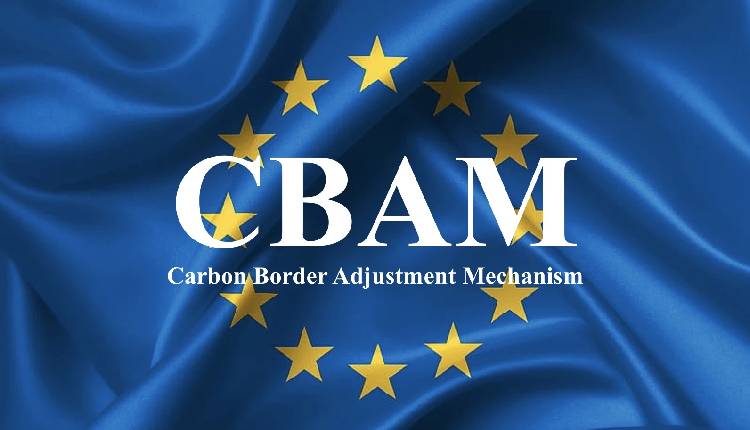The European Union (EU) plans to launch the Carbon Border Adjustment Mechanism (CBAM) in 2026, which will apply import charges to goods like steel, cement, and electricity, calculated on the carbon dioxide emissions involved in their production, the Asian Development Bank’s (ADB) reported on Monday.
These charges are aimed at curbing “carbon leakage,” which happens when polluters shift production from countries with strict regulations or high carbon prices to those with laxer rules or lower prices.
Statistical modeling suggests that the CBAM will likely cut global carbon emissions by less than 0.2 per cent compared to an emissions trading scheme with a carbon price of €100 ($108) per metric ton without a carbon tariff.
Simultaneously, these charges might decrease global exports to the EU by about 0.4 per cent and Asia’s exports to the EU by approximately 1.1 per cent. They could also harm the production of some EU manufacturers, as stated in the Asian Economic Integration Report (AEIR) 2024 released on Monday.
Asian subregions, especially Central and West Asia, that export more carbon-intensive goods to Europe will likely suffer more from the CBAM and the EU’s emissions trading system.
The report suggests that these measures could disproportionately impact developing economies in Asia. Therefore, it recommends implementing appropriate incentive mechanisms to promote the broad acceptance of carbon pricing.


